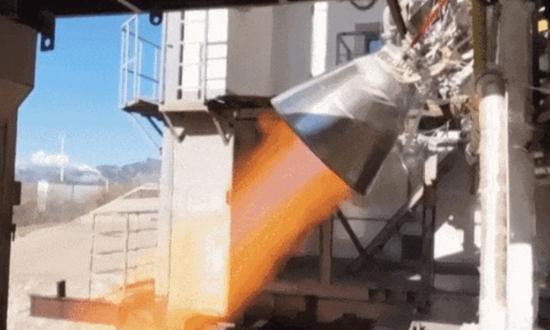
Chinese rocket engines test in Beijing and Laiyuan, North China's Hebei Province, on January 2, 2025. (Photo/Screenshot from Science and Technology Daily)
China Aerospace Science and Technology Corporation (CASC) completed five engine tests on Thursday in Beijing and Laiyuan, North China's Hebei Province, providing a solid foundation for the smooth implementation of this year's major aerospace projects, Science and Technology Daily reported on Friday.
The test run is a vital step in the rocket engine development process, consisting of dozens of different types of missions, and will be carried out throughout various stages before and after the development of the engine, according to the report.
An upper-stage hydrogen-oxygen engine ignited at 11:21 am Thursday at the 101 Institute of the Sixth Academy of CASC, operating for about 100 seconds followed by a regular power-off. This signifies that this new type of engine smoothly completed the ground calibration test run before delivery, said the report.
Xia Wei, a professional from CASC, told CCTV News that the test assessed the overall coordination and obtained performance parameters of the engine, after analysis of the data, the test was deemed a great success.
Three other tests were also conducted, involving the rocket's main propulsion engine, upper-stage engine, and attitude-orbit control engine. In addition to the above-mentioned trial, a liquid-oxygen methane engine test run was also performed on a vertical dual-station test stand of the high-thrust hydrogen-oxygen rocket engine located in Laiyuan.
All of the above-mentioned tests met with remarkable success, making it possible to achieve five test runs in a single day, said the report.
Xia said in 2025, they will conduct research and testing of multiple engines for deep space exploration, heavy rockets, and other types of engines, contributing to the smooth implementation of China's major space projects, according to CCTV news.








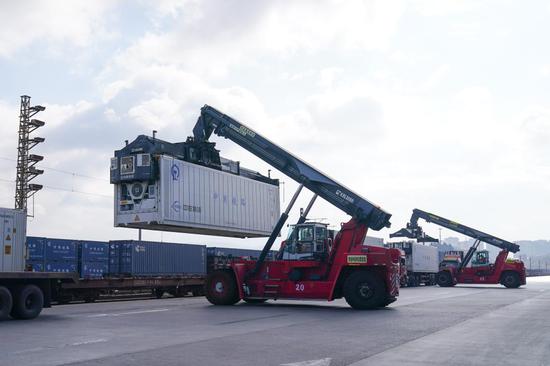









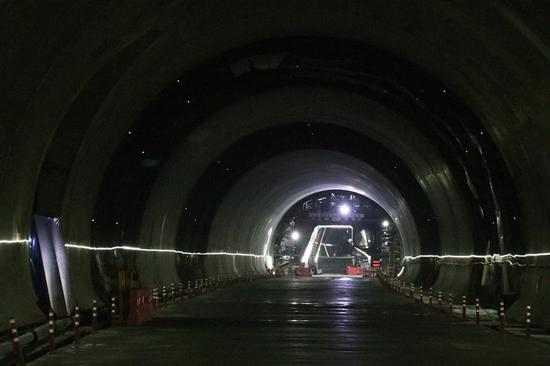
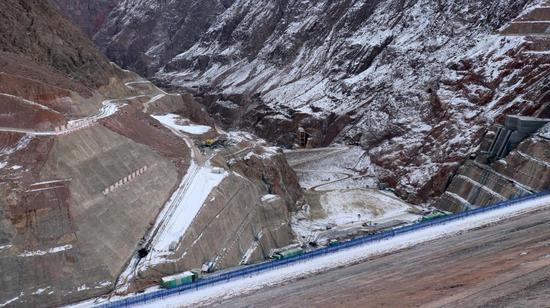


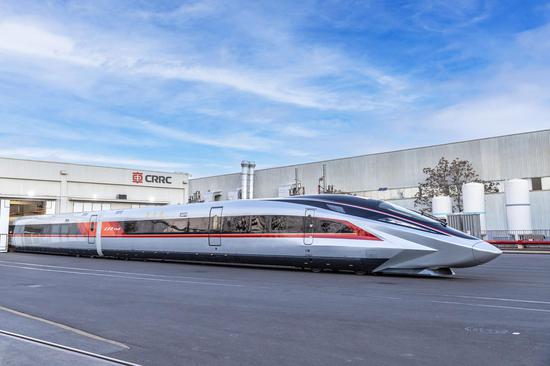
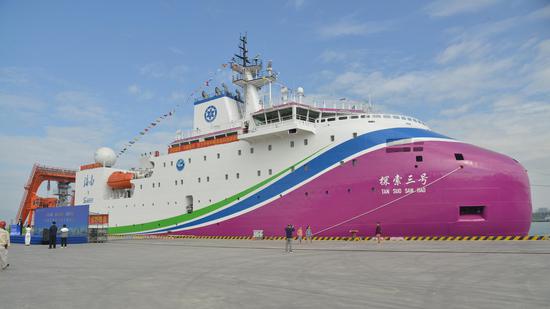
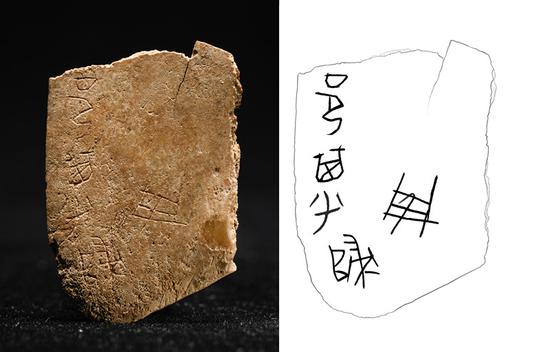
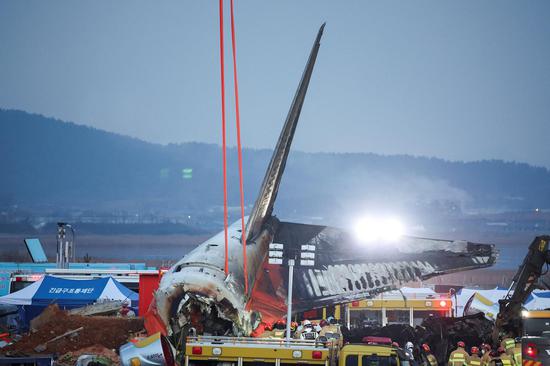
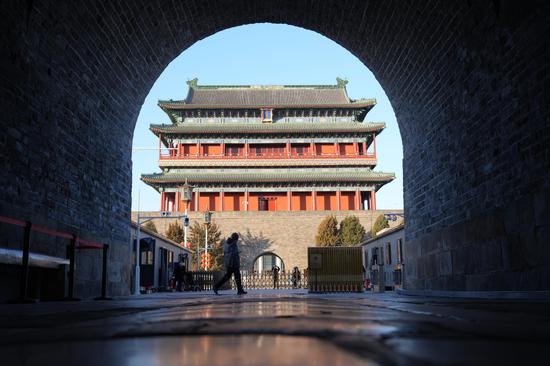
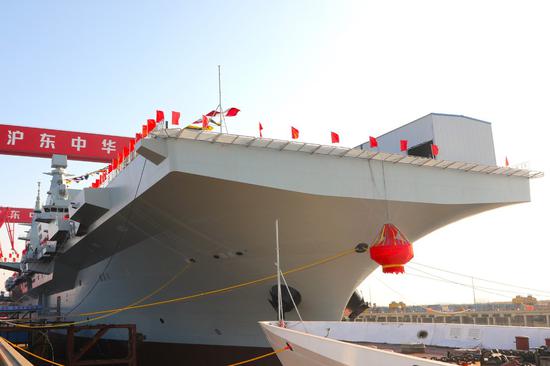
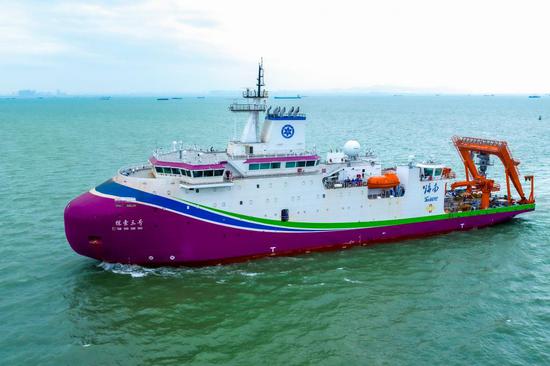
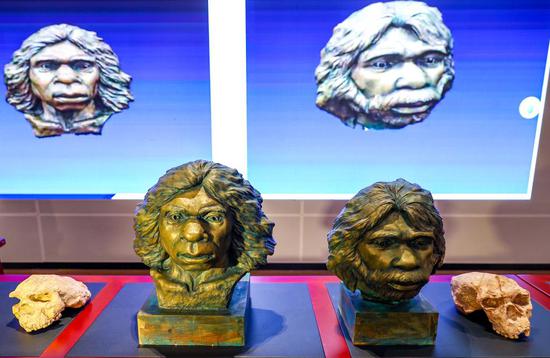

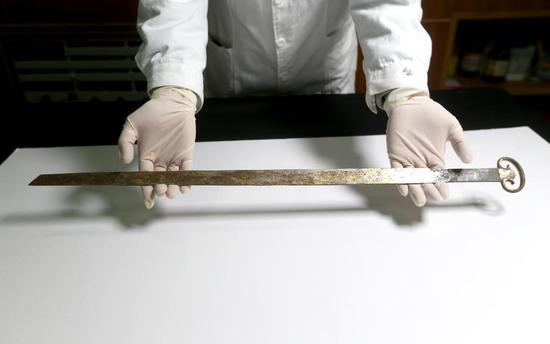


















 京公网安备 11010202009201号
京公网安备 11010202009201号